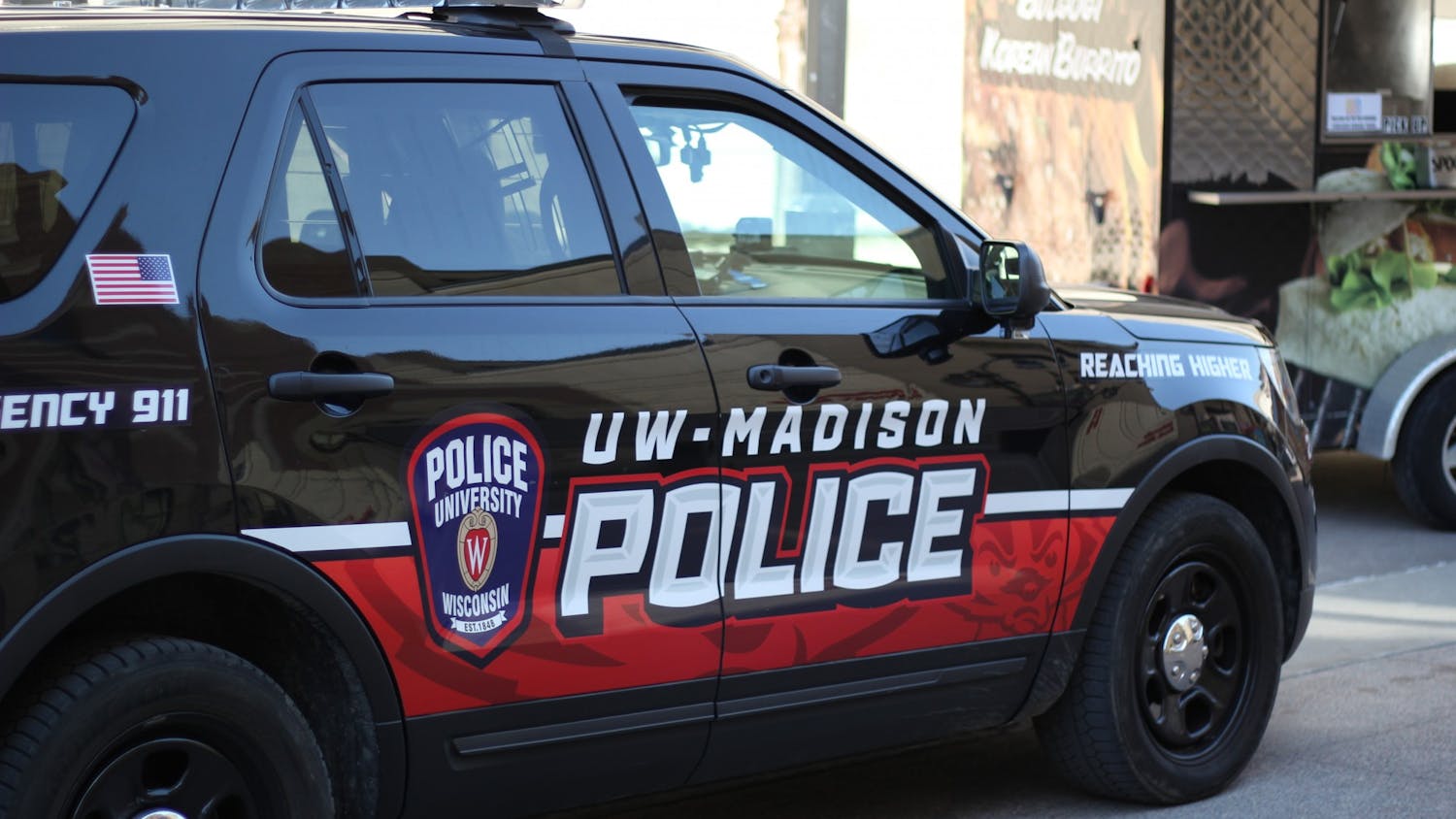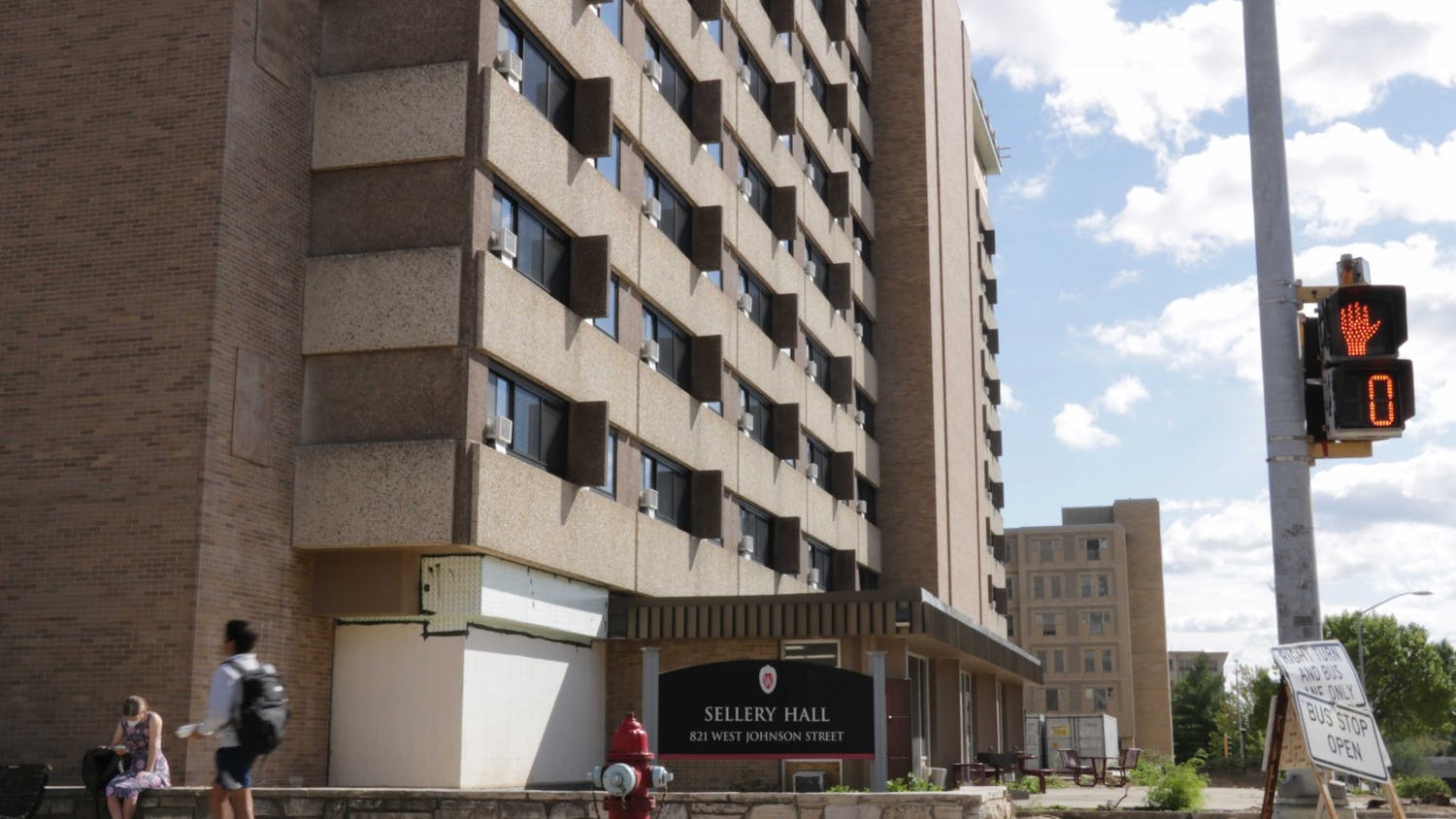The Housing Strategy Committee gathered Thursday to examine the city’s increasing amount of housing displacement and gentrification as the cost of housing continues to rise — and offer potential solutions.
The committee unanimously accepted a report, “Equitable Development in Madison: An assessment of factors contributing to displacement and gentrification,” by the city’s planning division published several months ago. It outlines the housing crunch experienced by Madison renters as the cost of housing increases.
The report defines “gentrification” as the reconfiguration of historically disadvantaged city neighborhoods along racial and socio-economic lines due to rising rental rates.
Noticeably, the report largely identifies a number of neighborhoods near the perimeter of city limits, such as the greater Sandburg area, as being either in the process or at high risk of gentrification — and the downtown area already experiences a large amount of displacement.
The method used for determining the areas at risk of gentrification revolves around an assessment of “economic vulnerability,” meaning that all of the city’s poorer neighborhoods are identified as at risk of gentrification, according to the report.
Additionally, the report also provides over a dozen strategies to combat these problems that have already been implemented in larger U.S. cities, such as Portland and Milwaukee.
The acceptance of this report by the Housing Strategy Committee falls in line with Mayor Satya Rhodes-Conway’s agenda, who already incorporated some of the solutions detailed within the document into her 2020 capital budget.
The report itself lists 20 strategies for equitable development and to reduce displacement, including:
- Proposing a housing levy or property tax assessment that raises funds for affordable housing preservation, production and assistance
- Creating housing trust funds, established by the city, to dedicate public sources of revenue to support affordable housing
- Introducing rent control policies to help maintain affordability by capping annual rent increases
Specifically, Rhodes-Conway’s 2020 budget extends the affordable housing fund, in addition to creating a land banking fund. The budget states the fund’s purpose is to allow the city to purchase property that can be used to provide affordable housing and otherwise support neighborhood developments. The city would dedicate one million dollars to this fund on an annual basis.
This year alone has seen more millennials migrating to Madison than any other metropolitan area. One of the biggest considerations of this is affordability.
Affordable housing has been the issue to tackle for several years now in Madison, even becoming a critical platform for Rhodes-Conway in last year’s mayoral election.
Further, the Mayor’s budget attempts to address the issue of gentrification by renewing Consumer Lending Loans — a program that enables families to keep their homes, even in the event of raised rents.
These measures will become increasingly relevant as Madison continues to grow in population, with newcomers potentially causing rent prices to rise, in turn pricing old tenants out of their homes.






